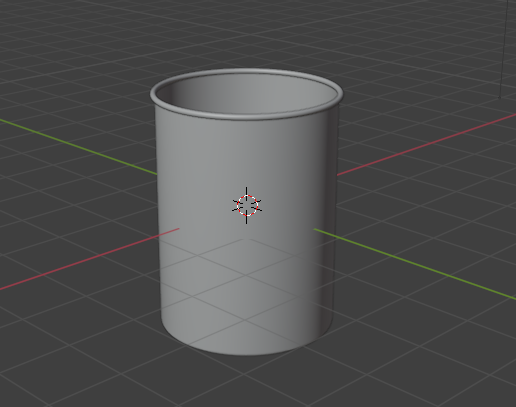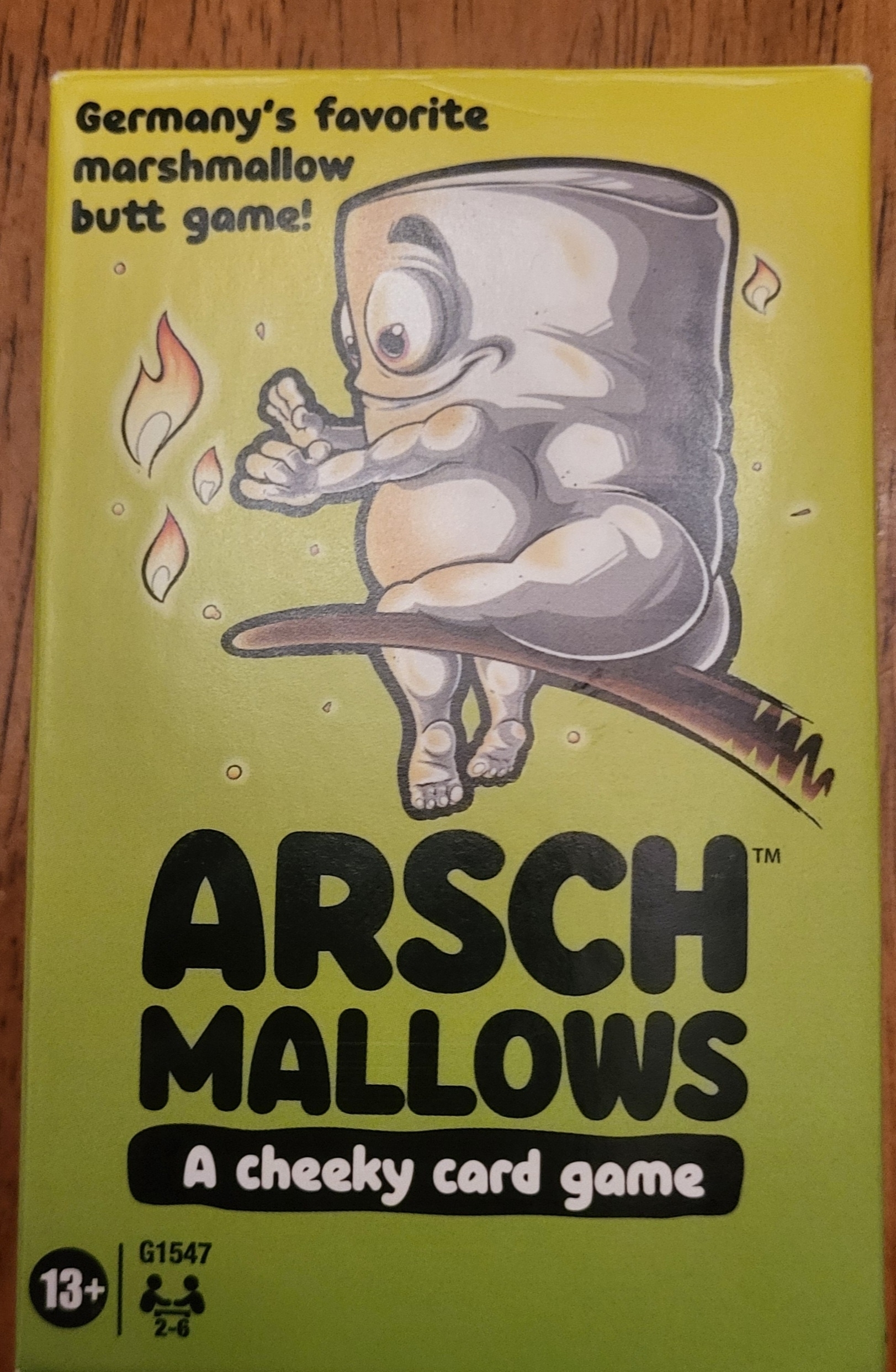
Abandoned for now: Mister X: The Archives by Dean Motter 📚
The core concept is really cool, but after a few chapters I found myself not really caring about any of the characters or where the story was going.
April into May
I think I’m just not going to write about what’s happening at my job again until there’s some definitive resolution. It’s too fluid, and that isn’t what I want the blog to really be about. I definitely appreciate everyone’s kind thoughts, though.
This week is about:
- preparing for the AWS Security Specialty exam, which I take on 4/30. I passed this three years ago, and it’s time to renew.
- getting ready for the kiddo’s first campout as a BSA Scout, (as opposed to a cub scout) this weekend.
Next month, I really want to get back to some game stuff. So far the year of 3D has been the year of nothing. Maybe I’ll do the Godot Wild Jam again.
I have made some progress on the mysterious non-game personal project. I hope to unveil that next month too.
I added an update to this morning’s post: the RIF is once again on hold. Or at least, access to systems isn’t being turned off and we won’t be placed on administrative leave, for now.
RIF'ed
update: things are on hold again.
Along with 1,400 of my closest friends, I received a “Reduction in Force” notice yesterday. At 6pm today, I’ll no longer have access to work systems, and in 60 days I’ll no longer be a CFPB employee.
I’m sure I’ll find more to say later, but I’m heartbroken that I don’t get to keep working with my amazing team, supporting an important mission for all Americans.

Currently reading: Mister X: The Archives by Dean Motter 📚

Finished reading: Frank Miller’s Ronin (2019 Edition) by Frank Miller 📚
I passed the Security+ exam yesterday:
Tip: if one of the options is “risk register”, the answer is probably “risk register”.

Currently reading: Frank Miller’s Ronin (2019 Edition) by Frank Miller 📚

Finished Listening: Frostbite by Nicola Twilley 📚

Finished reading: Berlin by Jason Lutes 📚
Lately
- I’m still employed (and even doing some work, given that FISMA-related work counts as “statutory duties”). The next milestone there seems to be Monday, when the judge will rule on what happens next.
- I haven’t been doing much game-related stuff, with the exception that the kiddo has challenged me to make another, more difficult level for Robo Rampage, featuring a new enemy. I’ve made a little progress on this.
- I’ve been working on a non-game personal project, which will be familiar to anyone who knew me 10-15 years ago…
Who will do this work?
Today, with my family, I watched the first episode of Human Footprint, which is about invasive species. It’s full of US government employees (I noticed USGS, BLM, and Army Corps of Engineers) doing important science and engineering: keeping asian carp out of the great lakes, studying pythons in the everglades, and managing the wild horse population in the west.
I had to wonder, after these last few weeks… do these people still have jobs? What will happen without them?
RL
The kiddo and I worked through this Godot Reinforcement Learning tutorial, and (after some troubleshooting to get onnx to install) it worked! We trained a model to be able to play a circular pong game.
I don’t necessarily understand most of what I did there, for example why I would pick “Stable Baselines” vs " Clean RL", but it definitely seems like something worth experimenting with some more. It might be fun to use to use RL to improve the the opponent in The Zummoning.
It’s a shame that in order to use a model in-game, you need to use the .NET version of Godot, which (apparently) can’t yet export to the web.

Currently reading: Berlin by Jason Lutes 📚
Robo Rampage
I’ve finished “Robo Rampage”, and thus I’m done with the Complete Godot 3D course.
Towards the end, I kind of wanted to just get it over with, so I didn’t put much effort into decorating the level (in fact, most of the decoration you do see was added by Benjamin). Still, I like that it’s got enemies that chase you, some interesting lighting effects, and two different guns that recoil and spawn little sparky-effects where the bullets impact.
What’s next? I want to get out of the tutorial headspace and work on my own projects for a while. I did start this Blender tutorial a few weeks ago, and plan to pick it up again. In the meantime, revel in this sweet-ass trash can I made all by myself!

dot plan
This week, work is still in a holding pattern. I applied to a good number of jobs, talked to people, and un-mothballed one of my earliest Godot projects (a digital version the Balanced Attack Model game). My current thinking with that game: spend some time making the best version of that I can, then reaching out to the creator of the BAM deck to see if there’s some way we can collaborate and/or if he’d be OK if I make it available online.
Today, I’m working on the Amazon Bedrock Workshop, the first “homework” from the Become a Solution Architect program.
Starting Monday, and for the next four weeks I’m attending CISA’s “skilling academy” for System Security Analysis full-time.

Finished reading: Game Magic by Jeff Howard 📚
Interesting book! In explaining “game magic”, the author spends a lot of time delving into magic as described in fantasy literature, history, and even modern occult practice.

